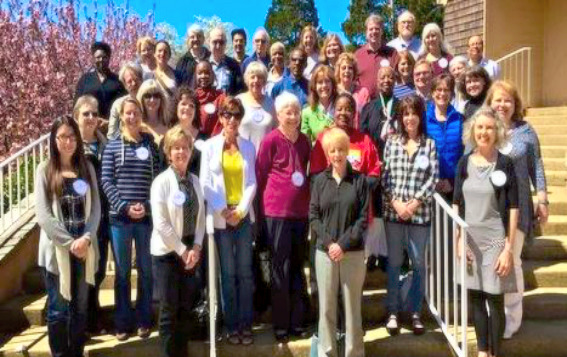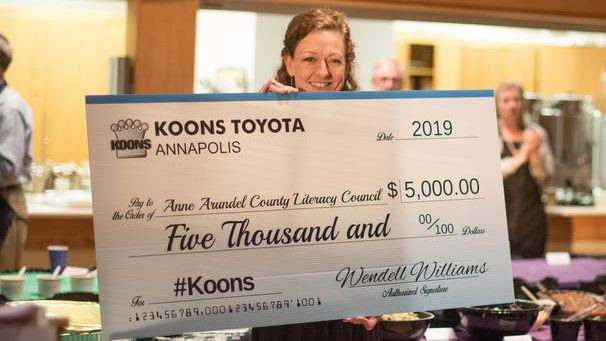
This excellent blog post by the founder of BookShare shares a wonderful 4-step process to take notes from books you read to help you retain more:
- Save new words
- Save new expressions
- Write a review
- Apply or teach what you learned in the book

Massive injections of #adultliteracy education are needed in the US to raise the #reading achievement levels of high school graduates through the intergenerational transfer of #literacy from parents to their children. Read the story by Thomas Sticht .
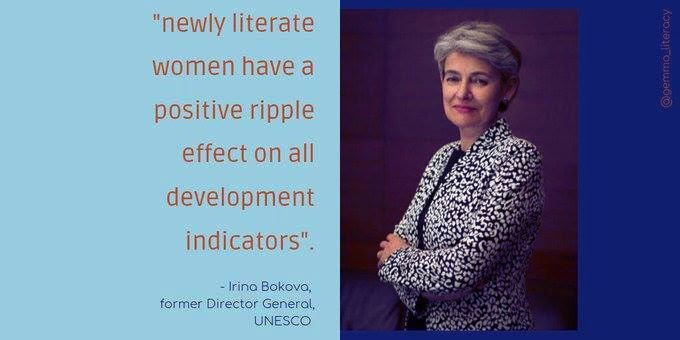
According to @WorldLiteracy 2/3 of the world’s illiterate adults are women. Literate women are better able to manage their own businesses, combat some causes of maternal and child mortality, and educate their children. – OpenDoor4Literacy
“Newly literate women have a positive ripple effect on all development indicators.” ~ Irina Bokova, former Director General, UNESCO
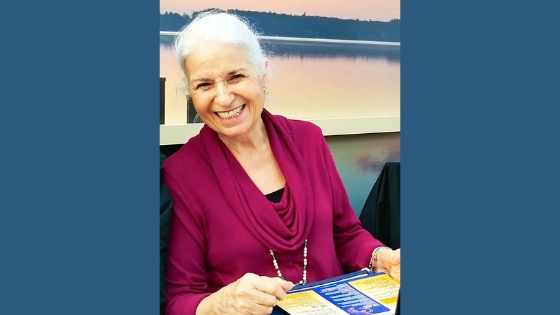
_____________________________________________________
I lived in New York for many years and most of my working career was in higher education, which focused not only on teaching, but also on program development. Having recently relocated to Maryland as well as newly retired, I was looking for something to do. That something turned out to be the Literacy Council.
It was my husband’s interest in the organization that initially piqued my interest. So, we both went to the tutor training and I was paired with Felita Thompson. As they say, “The rest is history.”
Felita and I have been working together for just about 11 months. Most of our time is focused on reading books and analyzing the storylines and characters. Felita is close to completing her 11th book. She is a remarkable student, and I sometimes “run” to catch up with her reading. As Felita related to me, “Being literate is so important because it gives you independence.” She certainly makes a good point considering Frederick Douglass said something very similar, “Once you learn to read, you will be forever free.”
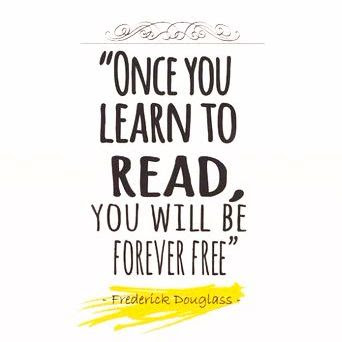
This is an interesting article by Educational Software and Dyslexia Specialist Mike Jones. Learn how speech-to-text works. It could be invaluable for people with #dyslexia. His article includes instructions on how to set up your iPad for dictation.

You will love meeting Felita and her tutor Pat Baker in our September newsletter (If you’re not on our newsletter list, put your email in the box in the left sidebar).
Felita came to the Literacy Council eleven months ago to improve her reading and writing skills as she works towards her goal of owning her own furniture-making business. As Felita noted in the post about her, “To better myself is to better my family.” Felita’s tutor Pat Baker shares what initially drew her to the Literacy Council to volunteer and how tutoring Felita has impacted her life.
If you have a passion for reading or math and want to make a positive difference in another person’s life and in your community, please contact AACLC by calling 410-269-4419 or emailing director@aaclc.org and be trained as a volunteer tutor. Information on our October 5th tutor training opportunity is shared below.
Please also join us on October 19th for AACLC’s 4th Annual Family Literacy 5K Walk-a-Thon! There will be a DJ, free face painting for kids, and Clifford the Dog will be giving out treats and prizes for all kids and dogs participating in the walkathon. There will also be free snacks and drinks for everyone attending. This will be a great way for families to start the school year by celebrating family literacy together! You won’t want to miss it. More details of this fun family event are HERE.
Warm regards,

Lisa Vernon, Executive Director
Anne Arundel County Literacy Council
301-523-6750 (cell)
director@aaclc.org

Great opportunity! Our next tutor training is scheduled for
Saturday, October 5th
8:30 am to 5:30 pm
Woods Memorial Presbyterian Church
Severna Park, MD
and will include basic literacy, math,
and English Language Learner (ELL) instruction.
We have a class size limit of 35. If you, or someone you know, would be interested in attending this training, please email Lisa Vernon at director@aaclc.org or call 410-269-4419 as soon as possible to reserve a seat.
